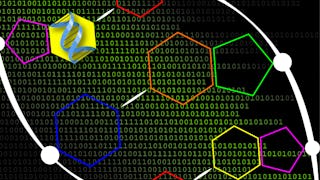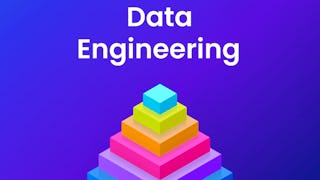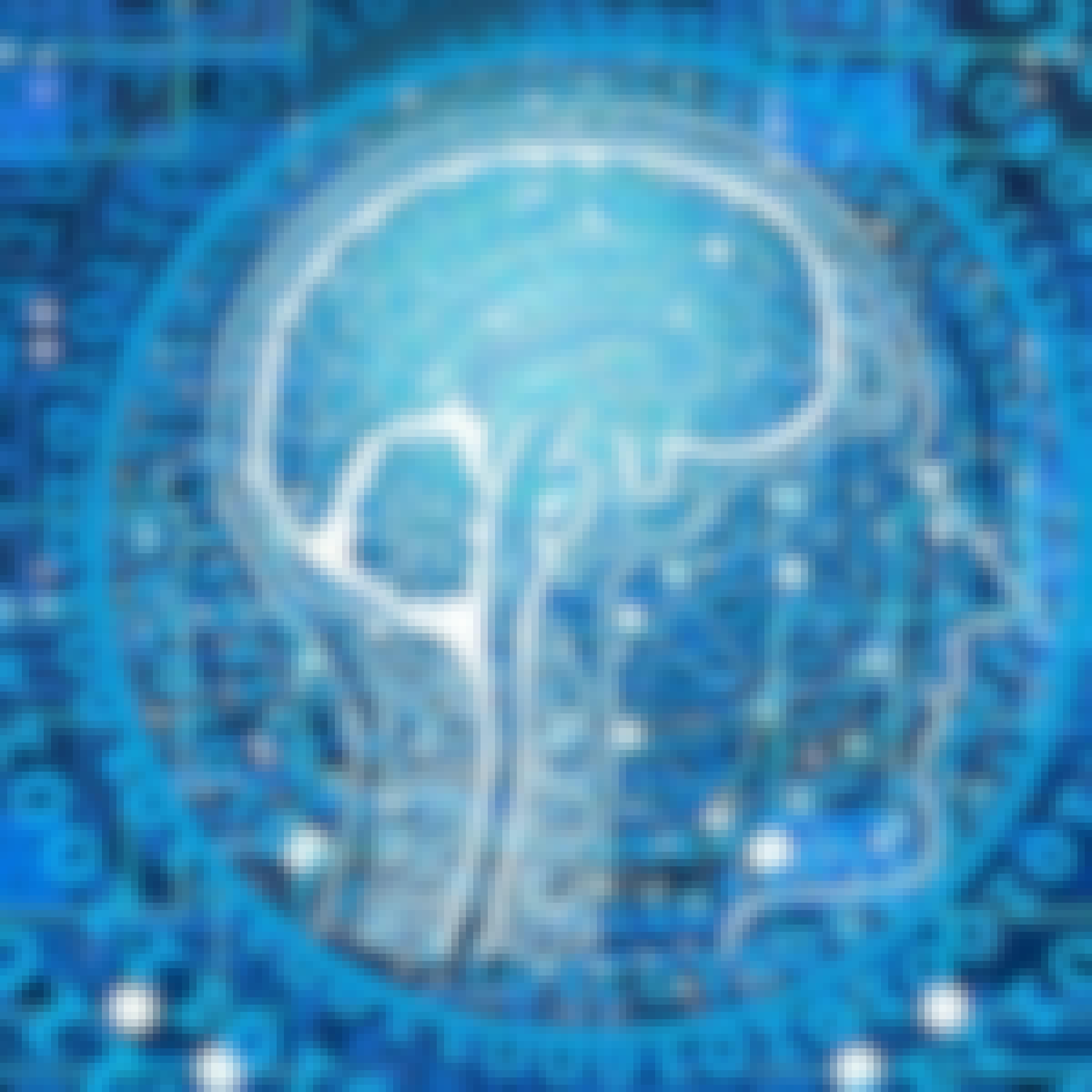Filter by
SubjectRequired
LanguageRequired
The language used throughout the course, in both instruction and assessments.
Learning ProductRequired
LevelRequired
DurationRequired
SkillsRequired
SubtitlesRequired
EducatorRequired
Explore the Programming Languages Course Catalog
 Status: New
Status: NewUniversity of California, Davis
Skills you'll gain: Responsive Web Design, Color Theory, Version Control, Typography, HTML and CSS, Cascading Style Sheets (CSS), Hypertext Markup Language (HTML), GitHub, Git (Version Control System), Web Design, Web Design and Development, Web Development, Web Content Accessibility Guidelines, Front-End Web Development, Application Deployment, Web Applications, Design Elements And Principles, Animations, Web Content, Mobile Development

Johns Hopkins University
Skills you'll gain: Bioinformatics, Data Science, Molecular Biology, Data Analysis, Programming Principles, Computer Science, Statistical Analysis, Computational Thinking, Big Data, Software Engineering, Algorithms, Biology

University of Toronto
Skills you'll gain: Control Systems, Embedded Software, Automation, Software Architecture, Simulations, Safety Assurance, Hardware Architecture, Systems Architecture, Verification And Validation, Mathematical Modeling, Engineering Analysis, Computer Hardware, Risk Management Framework, Mechanics

Multiple educators
Skills you'll gain: Apache Airflow, Data Modeling, Data Pipelines, Data Storage, Data Storage Technologies, Data Architecture, Data Transformation, Requirements Analysis, Data Processing, Data Warehousing, Query Languages, Apache Hadoop, Extract, Transform, Load, Data Lakes, Amazon Web Services, Apache Spark, Database Systems, Data Integration, AWS Kinesis, Infrastructure as Code (IaC)

Dartmouth College
Skills you'll gain: C (Programming Language), Computer Architecture, Embedded Software, Computer Engineering, Computer Programming, Program Development, Data Structures, Linux, Debugging
 Status: Free
Status: FreeThe University of Melbourne
Skills you'll gain: Operations Research, Combinatorics, Applied Mathematics, Graph Theory, Algorithms, Mathematical Modeling, Computational Thinking, Linear Algebra, Computational Logic, Computer Programming

Skills you'll gain: Exploratory Data Analysis, Feature Engineering, Statistical Inference, Data Processing, Data Access, Anomaly Detection, Statistical Analysis, Data Analysis, Data Cleansing, Data Manipulation, Machine Learning, Probability & Statistics, Data Transformation, Workflow Management, Scalability

Duke University
Skills you'll gain: Object Oriented Programming (OOP), Data Structures, Java, Software Engineering, Algorithms, Encryption, Programming Principles, Data Analysis, Web Servers, Statistical Methods, File Management, Debugging

University of Michigan
Skills you'll gain: Matplotlib, Data Visualization Software, Interactive Data Visualization, Scientific Visualization, Visualization (Computer Graphics), Statistical Visualization, Data Presentation, Graphing, Scatter Plots, Data Manipulation, Histogram, NumPy, Pandas (Python Package)
 Status: Free
Status: FreeUniversity of Washington
Skills you'll gain: Supervised Learning, Network Model, Matlab, Machine Learning Algorithms, Artificial Neural Networks, Neurology, Computer Science, Reinforcement Learning, Computational Thinking, Mathematical Modeling, Biology, Linear Algebra, Probability & Statistics

University of California, Davis
Skills you'll gain: Threat Modeling, Open Web Application Security Project (OWASP), Secure Coding, Cryptography, Authentications, Encryption, Penetration Testing, Application Security, Data Security, Security Controls, Vulnerability Assessments, Software Design, C and C++, Vulnerability Management, Authorization (Computing), Java, Linux, Programming Principles, Debugging, Security Engineering

Duke University
Skills you'll gain: Statistical Hypothesis Testing, Statistical Inference, Statistical Reporting, Statistical Methods, R Programming, Statistical Software, Statistical Analysis, Probability & Statistics, Data Literacy, Sampling (Statistics), Probability Distribution, Software Installation
Programming Languages learners also search
In summary, here are 10 of our most popular programming languages courses
- Web Development for Beginners: University of California, Davis
- Introduction to Genomic Technologies: Johns Hopkins University
- Introduction to Self-Driving Cars: University of Toronto
- DeepLearning.AI Data Engineering: DeepLearning.AI
- C Programming: Modular Programming and Memory Management - 3: Dartmouth College
- Discrete Optimization: The University of Melbourne
- Exploratory Data Analysis for Machine Learning: IBM
- Java Programming: Arrays, Lists, and Structured Data: Duke University
- Applied Plotting, Charting & Data Representation in Python: University of Michigan
- Computational Neuroscience: University of Washington










